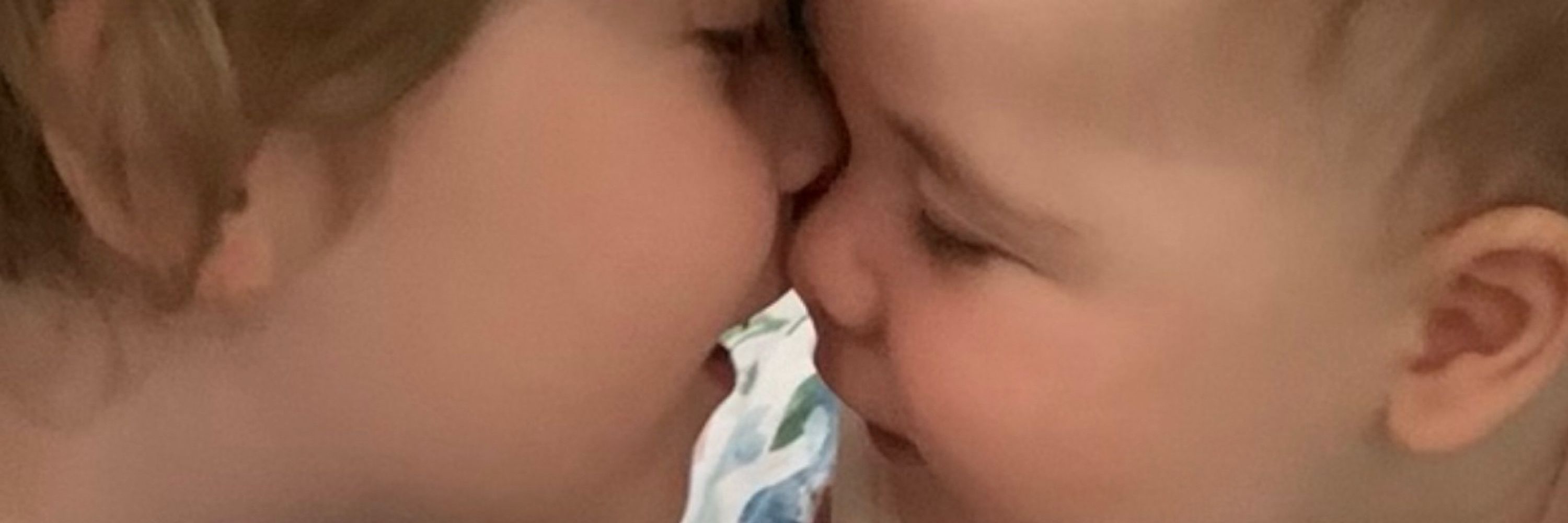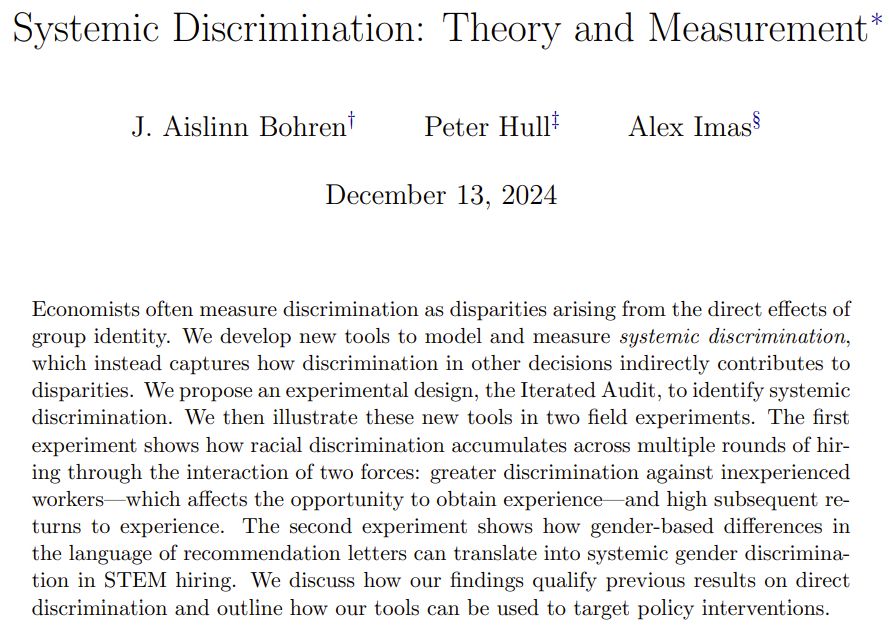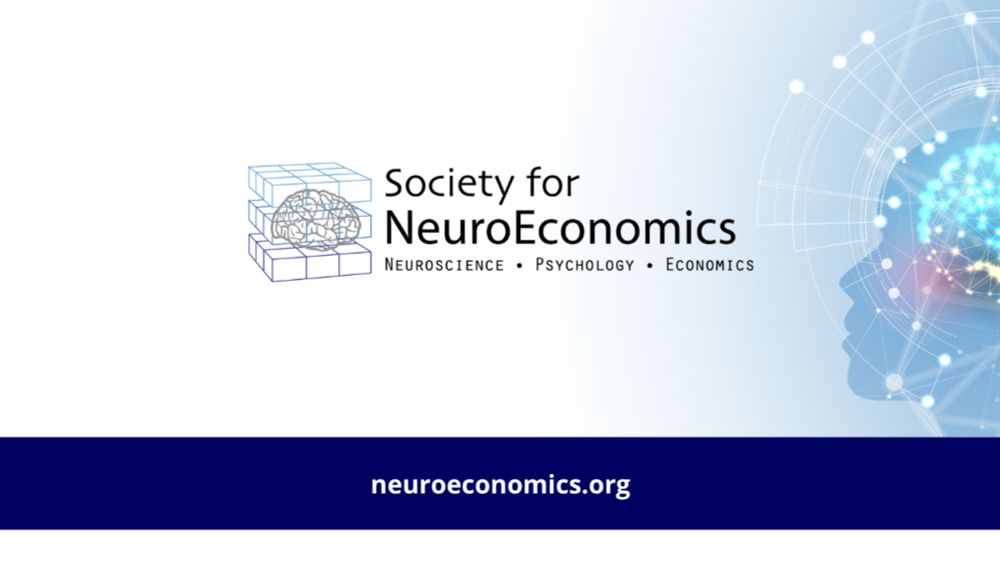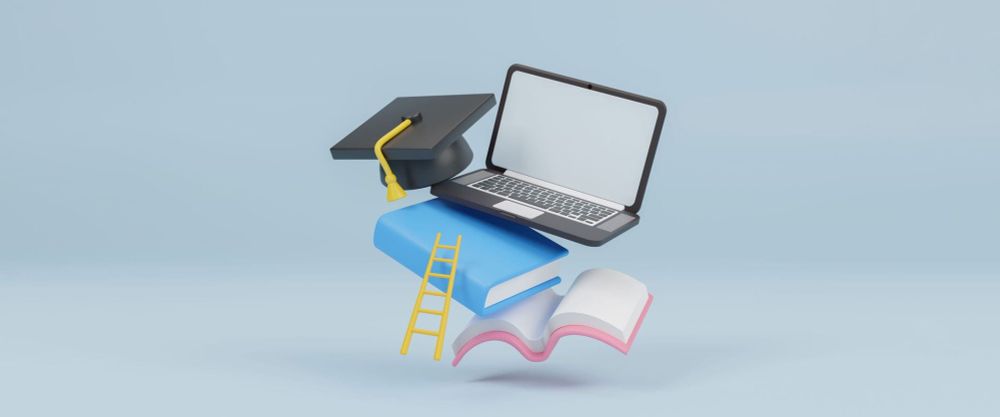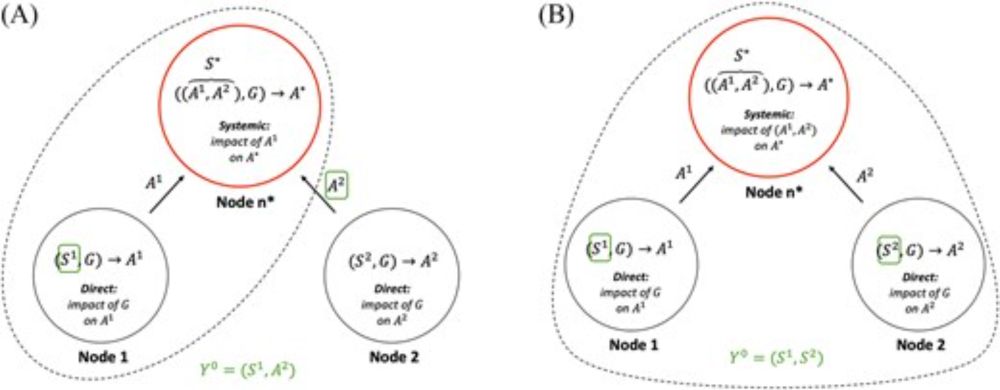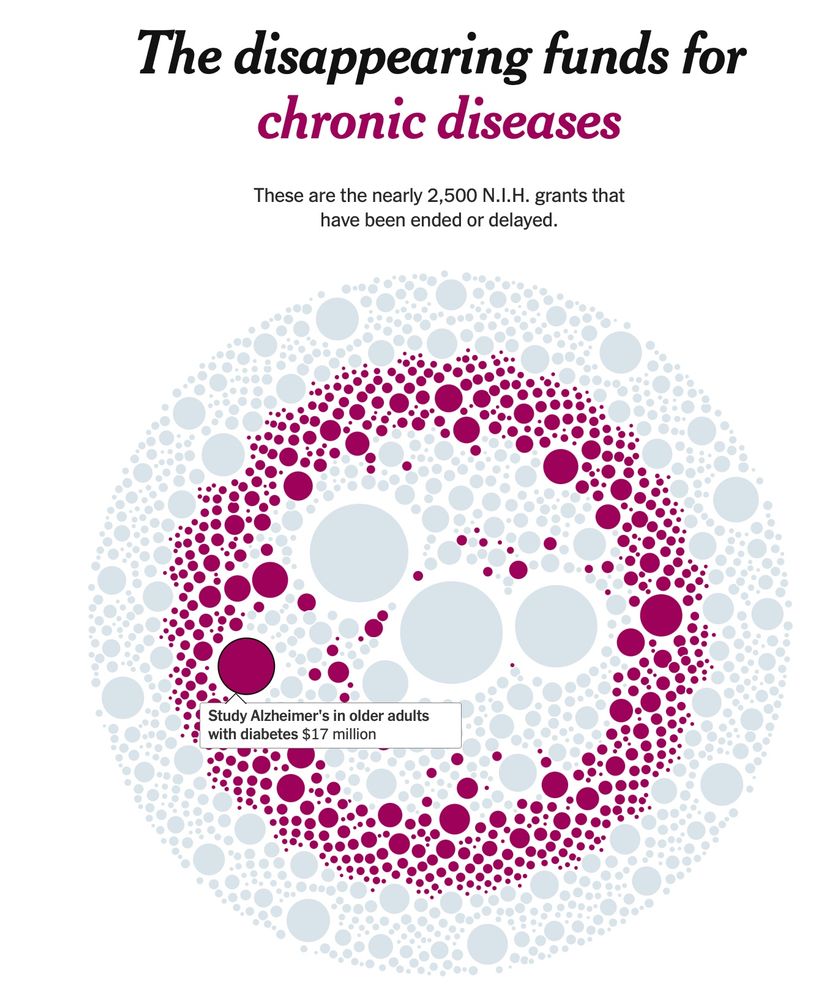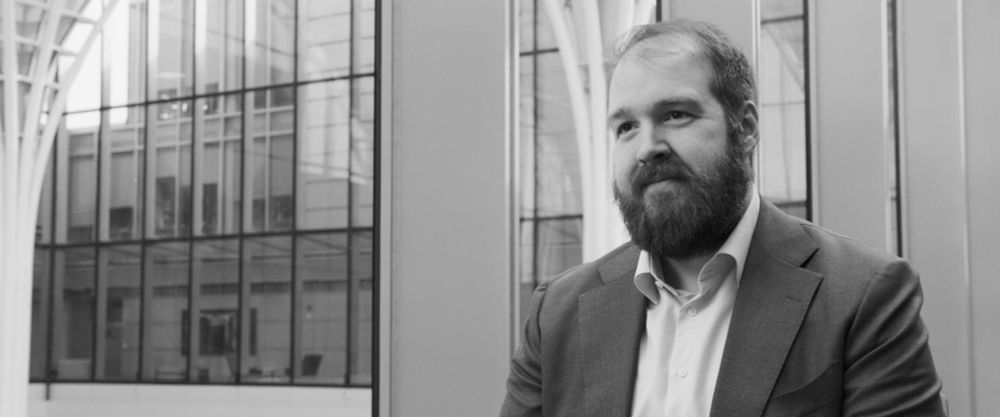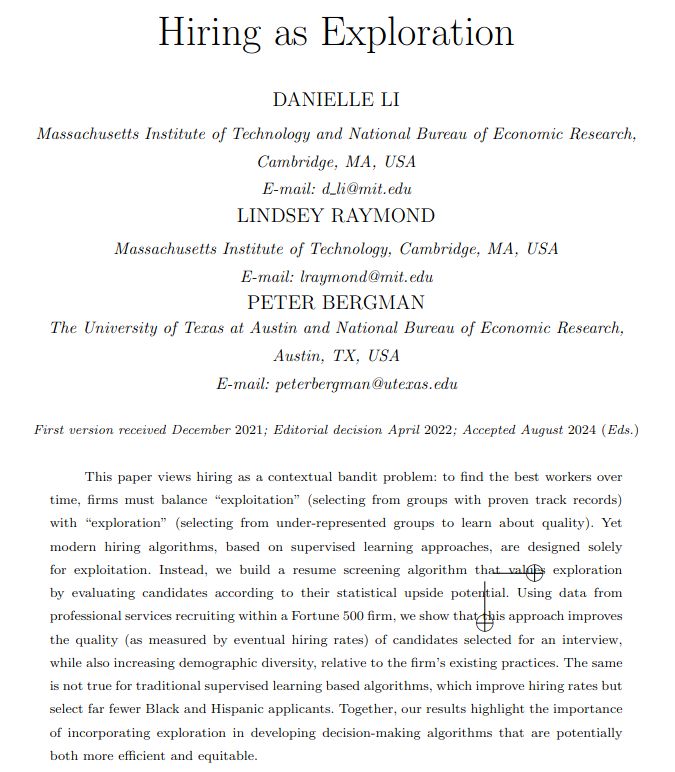Alex Imas
@aleximas.bsky.social
7.3K followers
3K following
940 posts
Economics + Applied AI, Prof at University of Chicago Booth School of Business. Formerly: Carnegie Mellon, UCSD, Northwestern.
Website: www.aleximas.com
Posts
Media
Videos
Starter Packs
Pinned
Reposted by Alex Imas
Reposted by Alex Imas
Reposted by Alex Imas
Reposted by Alex Imas
Reposted by Alex Imas
Reposted by Alex Imas
Reposted by Alex Imas
Ryan Carlson
@rcarl.bsky.social
· May 1
Adam Morris
@thatadammorris.bsky.social
· Apr 30
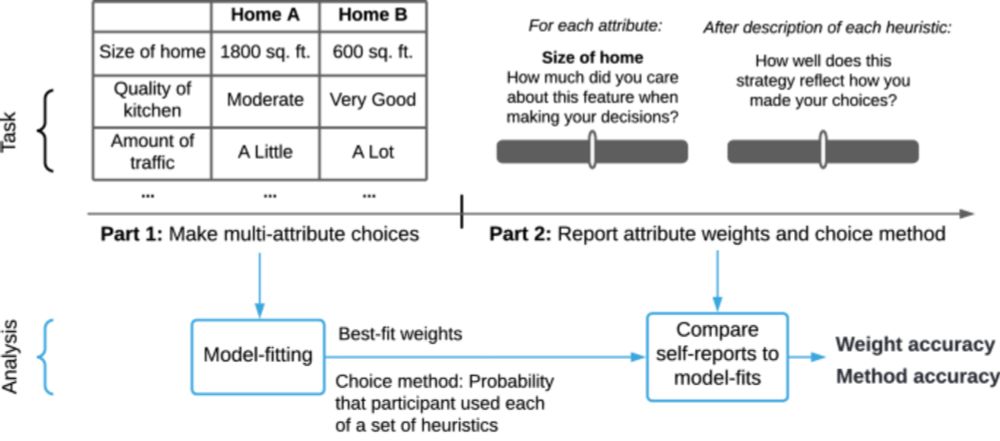
Introspective access to value-based multi-attribute choice processes - Nature Communications
People routinely choose between multi-attribute options, such as which movie to watch. Here, the authors show people often have accurate insight into their choices, challenging the notion that people ...
www.nature.com
Alex Imas
@aleximas.bsky.social
· Apr 30
Alex Imas
@aleximas.bsky.social
· Apr 30
Reposted by Alex Imas
Alex Imas
@aleximas.bsky.social
· Apr 29
Alex Imas
@aleximas.bsky.social
· Apr 29
Alex Imas
@aleximas.bsky.social
· Apr 29
Alex Imas
@aleximas.bsky.social
· Apr 29
